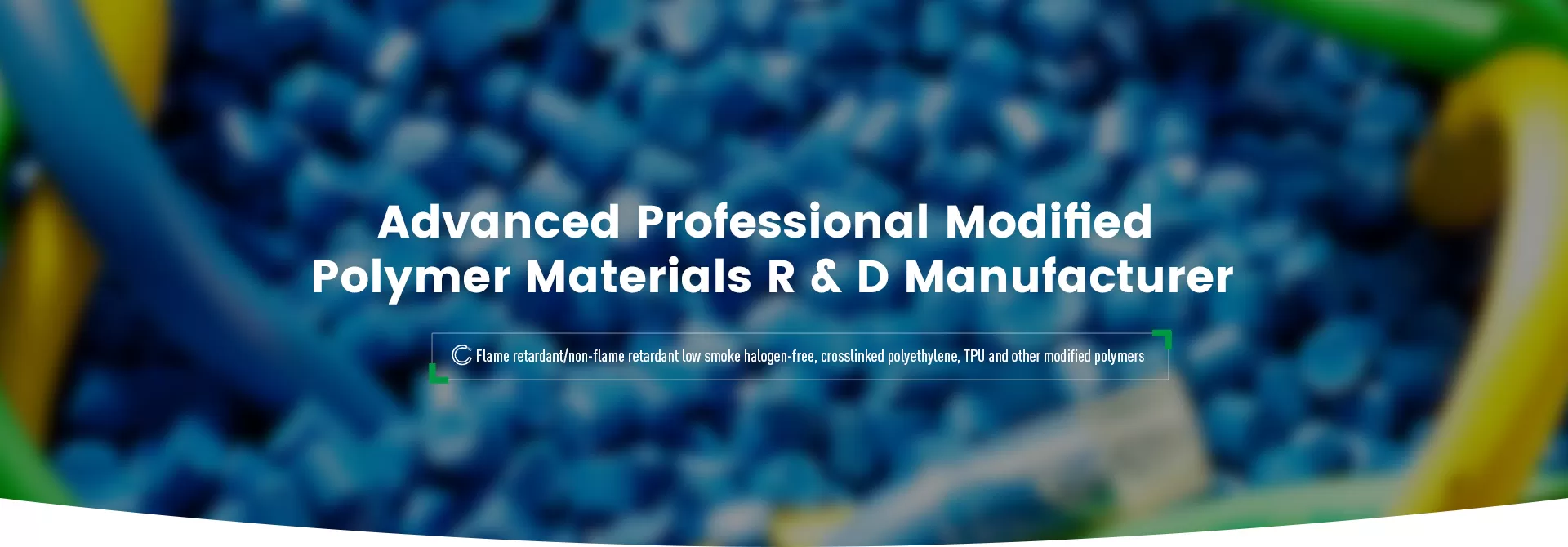
DC solar cables are essential cables for photovoltaic (PV) systems, used to transmit direct current (DC) power from solar panels to inverters and batteries. DC solar cables require insulation materials that can withstand harsh environmental conditions such as UV radiation, extreme temperatures, and humid environments.
The Following Are The Most Commonly Used Insulation Materials in DC Solar Cables And Their Main Properties:
Properties:
High temperature resistance: XLPE can withstand temperatures up to 125°C, making it an ideal choice for extreme weather conditions.
Excellent electrical properties: It has a low dielectric constant, high breakdown voltage, and low electrical losses, ensuring efficient energy transmission.
Excellent UV and weather resistance: XLPE insulation will not degrade under prolonged exposure to UV, ozone, and humidity, making it ideal for outdoor applications.
High mechanical strength: Resistant to cutting, abrasion, and mechanical shock, preventing damage during installation and operation.
Chemical and moisture resistance: XLPE is resistant to oil, acid, and moisture, ensuring durability in harsh environments.
Widely used in solar photovoltaic cable sheathing and insulation and energy storage battery connection wires.
Features:
High flexibility: Easier to install in small spaces.
Excellent heat and cold resistance: Can work between -40℃ and 90℃.
Good moisture and chemical resistance: Suitable for humid and corrosive environments.
Moderate UV resistance: Additional protection is required for long-term outdoor exposure.
Application: Flexible solar cables for mobile solar systems, solar RVs and temporary solar installations. Its moisture and chemical resistance make it suitable for marine and offshore solar systems.
Features:
Low smoke and halogen-free: Unlike PVC, HFFR insulation does not release toxic halogens or thick smoke when exposed to fire, thereby improving fire safety and environmental compliance.
Flame retardant performance: Meets the high fire protection standards required for residential, commercial and industrial facilities.
Good UV and Weather Resistance: Withstands moderate outdoor exposure, but may require additional protection in extremely sunny environments.
Applications: Suitable for indoor solar panel wiring, battery storage systems, and electric vehicle solar charging stations, where fire safety is a top priority.
Features:
Cost-effective: PVC insulation is the cheapest option, making it attractive for budget-conscious installations.
Flexible: Good flexibility makes installation easy, especially in small solar projects.
Flame retardant: Standard PVC is flame retardant, but it produces toxic fumes and halogen emissions when burned.
Applications: Best for indoor solar applications, temporary setups, and low-voltage wiring. Not recommended for long-term outdoor use.
DC Solar Cable Insulation Material Comparison
Choosing the right DC solar cable insulation material depends on several factors, including environmental conditions, safety requirements, and cost constraints.
For long-term outdoor use, XLPE is the best choice due to its high UV resistance, durability, and weatherproof properties.
For indoor installations, HFFR or PVC can be used where fire safety is a concern.
Hot or cold climates require XLPE or EPR, which can withstand extreme temperature changes.
In humid or marine environments, EPR is preferred due to its excellent moisture resistance.
For fixed installations, XLPE offers durability, even though it is less flexible.
For flexible applications, such as mobile solar installations and RVs, EPR is the best choice.
Buildings, enclosed areas, and public places require HFFR insulation to reduce smoke and toxic emissions.
Because PVC emits halogens, it should be avoided in flammable environments.
For long-term outdoor solar installations, XLPE is the best insulation material with high durability, high temperature resistance, and UV protection. EPR is ideal for flexible solar cables, especially in marine or mobile applications. HFFR is best suited for fireproof environments.
Choosing the right DC solar cable insulation ensures the safety, efficiency, and long-term reliability of your solar system. If you need advice tailored to your specific solar project, feel free to ask!